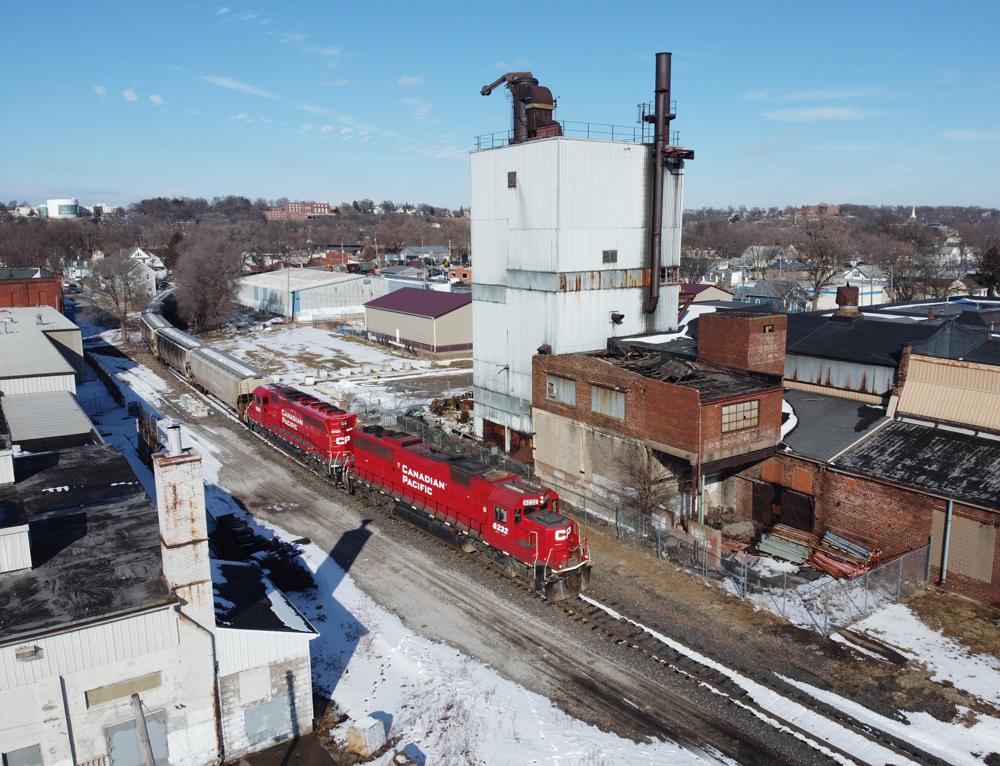
WASHINGTON — Shippers say they will support the proposed Canadian Pacific-Kansas City Southern merger so long as regulatory approval of the first Class I combination in two decades includes conditions that would protect competition.
The broadest coalition of shipper groups — the American Chemistry Council, The Fertilizer Institute, and the National Industrial Transportation League — in a Monday filing asked the Surface Transportation Board to impose a range of conditions on the CP-KCS merger.
Among the conditions sought: gateway and interchange protections, the ability to challenge Rule 11 interchange rates, and using arbitration to settle rate disputes. The groups also asked the board to impose conditions that would help shippers avoid merger-related service problems and require CPKC to reimburse shippers for damages resulting from service failures and extended transit times.
The Private Railcar Food and Beverage Association requested systemwide reciprocal switching so that its members’ sole-served facilities could receive service from a second railroad. Reciprocal switching would improve both rail service and competition, the group argues. The association represents 18 global food and beverage producers, including PepsiCo., Molson Coors, KraftHeinz, General Mills, and Kellogg Co.
The Industrial Minerals Association, which represents companies that ship nonmetallic minerals, sought conditions that would provide sole-served shippers with access to another railroad, including through trackage rights or reciprocal switching. The group also asked that CPKC limit rate increases to 10% during the five-year period following the merger.
The STB will hold hearings this month on a reciprocal switching proposal that has been languishing since 2016 [see “STB sets details for hearing …,” Trains News Wire, Dec. 28, 2021]. The proposal has broad shipper support but the rail industry is united in opposition.
The National Feed and Grain Association, which represents grain, feed, processing, and other firms that handle U.S. grains and oilseeds, submitted comments on behalf of its 1,000 members as well as three other agricultural trade groups. The agricultural shippers see potential benefits from the CP-KCS combination and see “few if any” examples of shippers losing rail options due to the merger.
But the association asked the STB to impose reciprocal switching at certain locations in order to allow sole-served shippers to access another railroad. Their other requests largely mirrored those of the chemistry council coalition. Similar comments were filed by the trade association that represents corn shippers.
A trade group representing wheat exporters, U.S. Wheat Associates, opposed the merger, saying it was not in the public interest. But the group asked the board to offset the loss of rail competition by imposing competitive access and data reporting conditions. The wheat growers expressed concern about rising railroad rates, which they contend has made U.S. grain less competitive on the global market. Rail rates in Canada, they noted, are 30% lower than in the U.S.
The U.S. Agriculture Department urged the STB to ensure the merger promotes competition and require that CP and KCS develop a service assurance plan, something that would be required under the board’s new merger rules. The CPKC merger is being judged under the STB’s less onerous pre-2001 merger review rules.
The Chlorine Institute, which represents 185 chlorine producers, packagers, distributors, users, and suppliers, sought conditions that would ensure that interchanges remain open on neutral terms. The group also asked the board to require CPKC to adopt Kansas City Southern’s conditions for hazardous materials shipments, not CP’s “onerous language concerning indemnification and liability for transportation of hazardous materials.”
Two chemical producers – Bayer and OxyChem – made similar requests. Bayer noted that CP requires hazmat shippers to have a $100 million insurance policy and to assume liability for all damages other than those resulting from “negligence or willful misconduct of CP.”
Bayer, which has facilities on CP in Iowa and on KCS in Missouri, told the board that some chlorine producers are unwilling to ship to its Iowa location due to CP’s requirements. The KCS-served plant, however, is able to receive chlorine from several suppliers not located on CP.
A couple of shippers sought protections for their specific facilities.
Chemical producer LyondellBasell has plants located on KCS in Lake Charles, La., and Corpus Christi, Texas. It raised concerns about post-merger service given CPKC’s projected traffic increases across Texas and lack of corresponding capacity improvement projects on trackage rights routes between Beaumont and Corpus Christi. The company asked the STB to provide service protections as well as long-sought service from BNSF Railway at its Lake Charles plant as well as from Union Pacific at Corpus Christi.
Evergy Metro, which operates the coal-fired La Cygne Generating Station in Missouri, raised concerns that projected traffic growth on the KCS main line south of Kansas City would affect reliability of its coal deliveries.
Various unions representing railroad employees said they did not support or oppose the merger but asked the STB to impose standard labor protections.
The Federal Railroad Administration said it was satisfied with the safety integration plan CP and KCS submitted.
Minnesota’s most populous county, which includes Minneapolis, asked the STB to ensure that CPKC takes steps to mitigate the merger’s impact on local streets and neighborhoods. Hennepin County and its regional railroad authority said they opposed increased train frequencies on CPKC lines. It requested that CP study routes trucks would follow in and out of the Minneapolis Intermodal Terminal at Shoreham Yard and fund any necessary improvements to local roads. Also sought: A CPKC-funded study and any necessary improvements to 14 busy highway grade crossings, along with more frequent track inspections and additional defect detectors to prevent incidents involving hazardous materials.






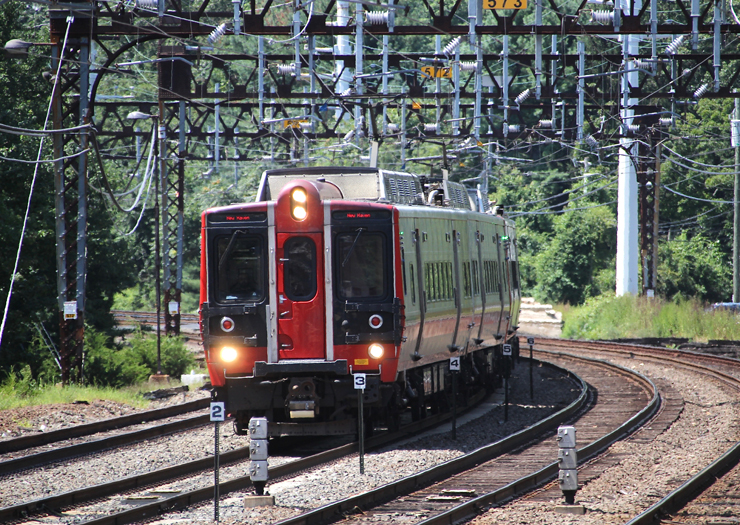
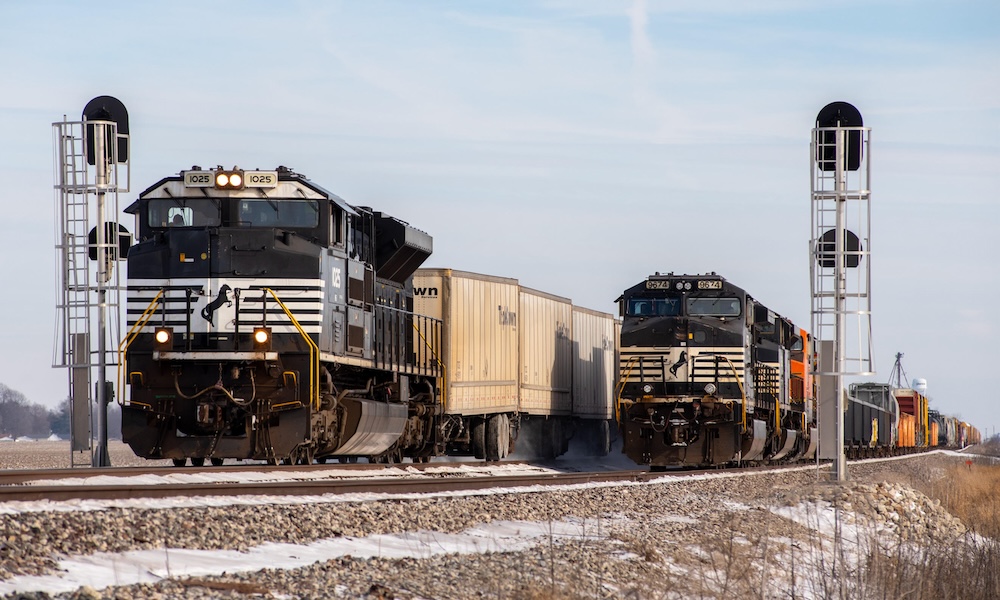
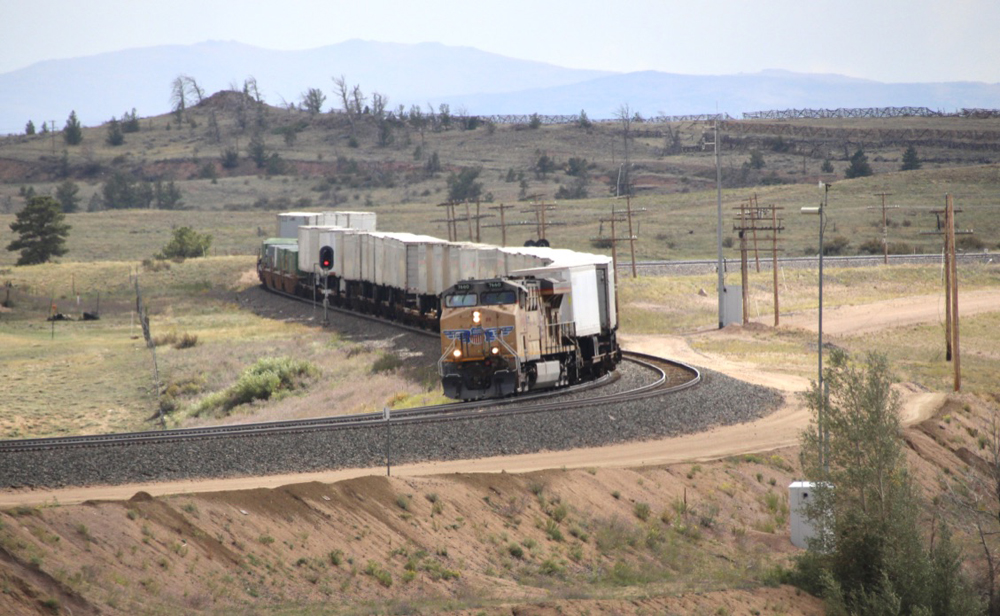
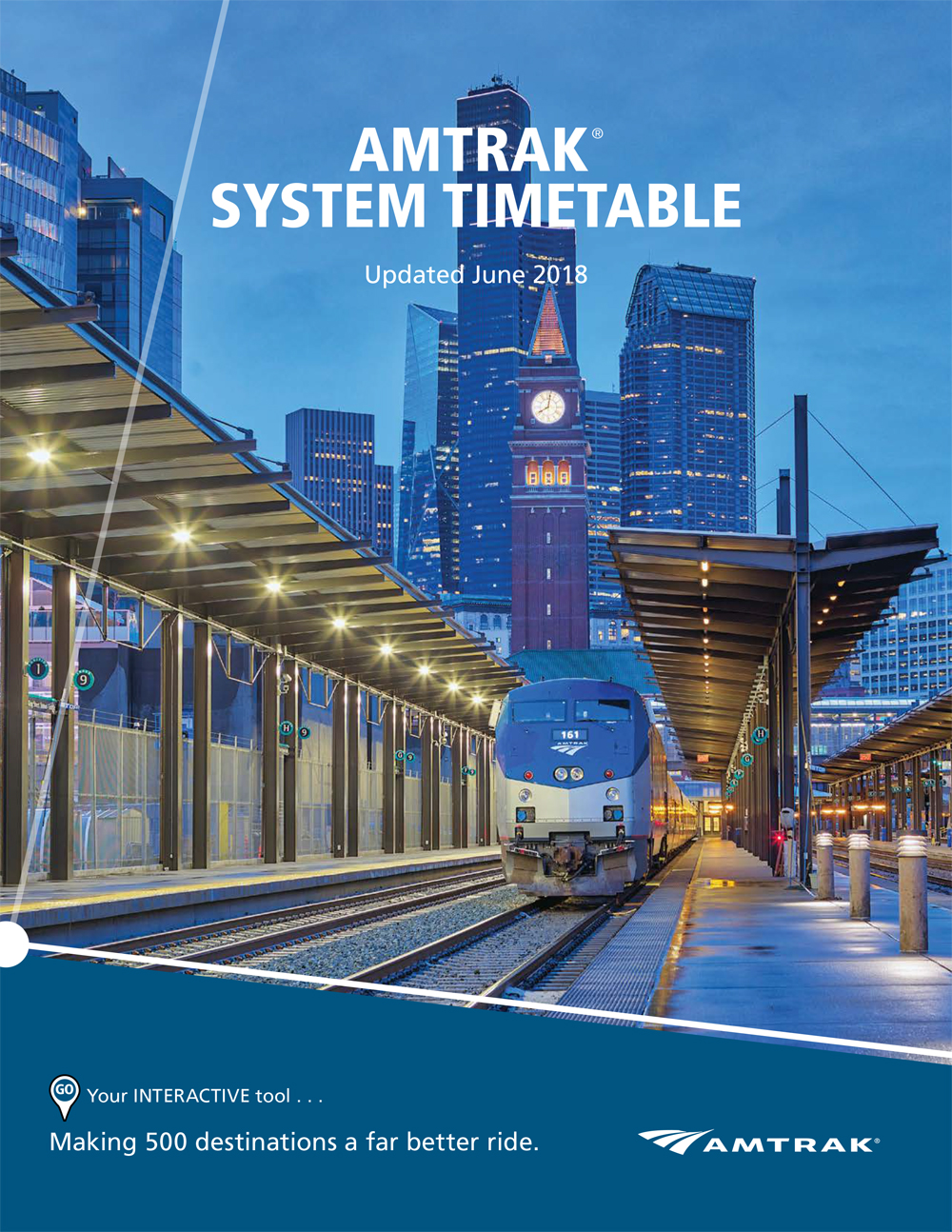
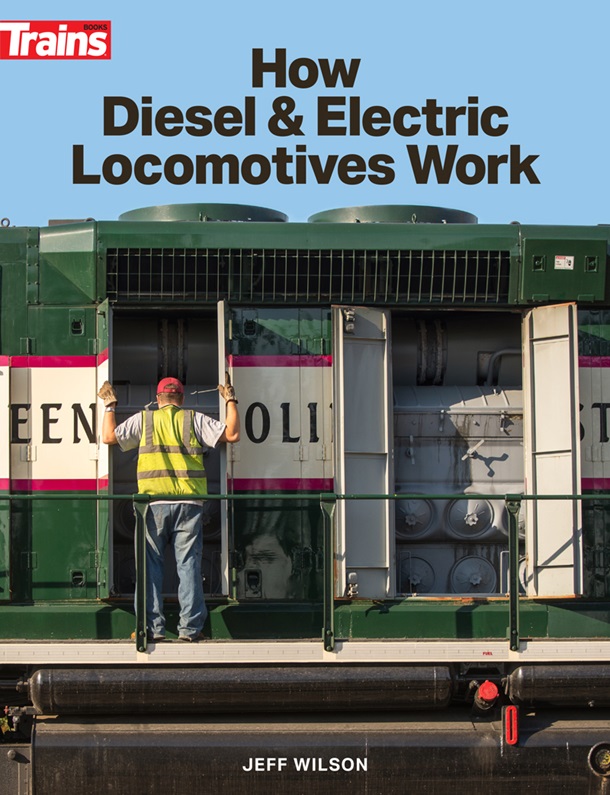
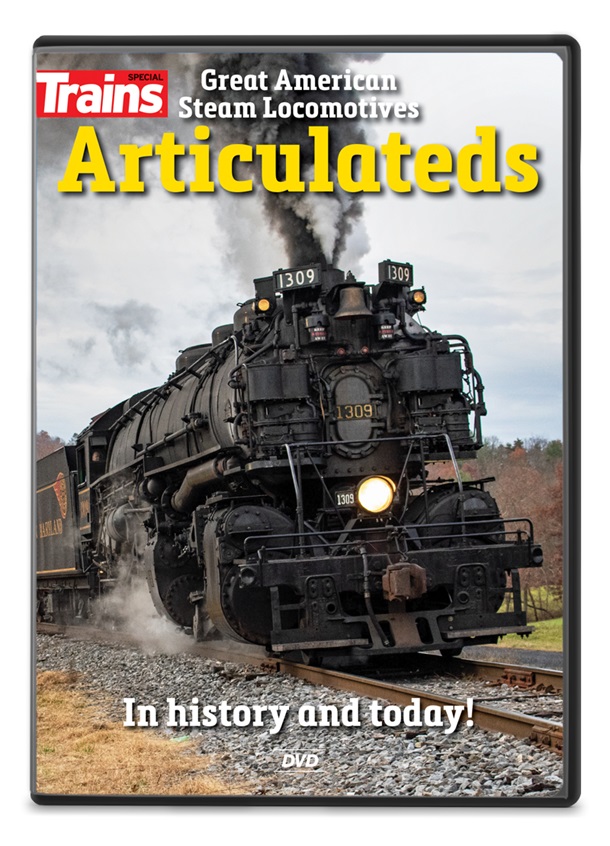
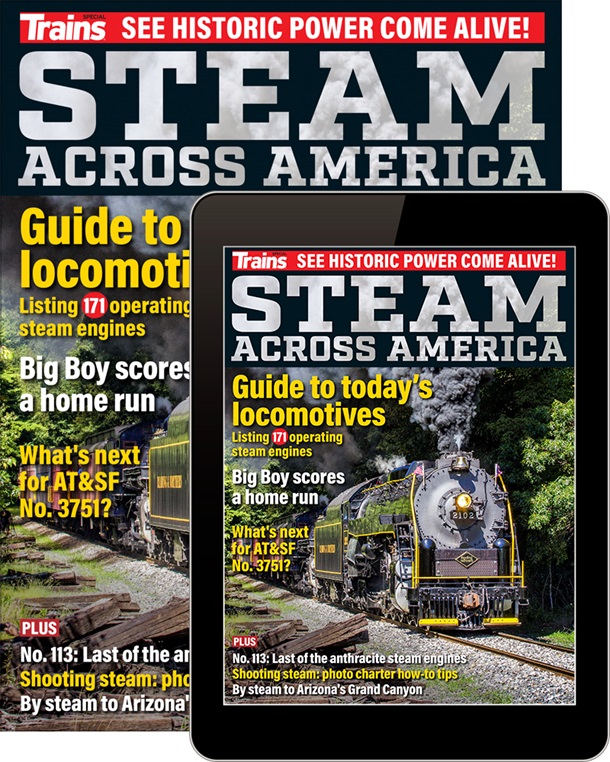
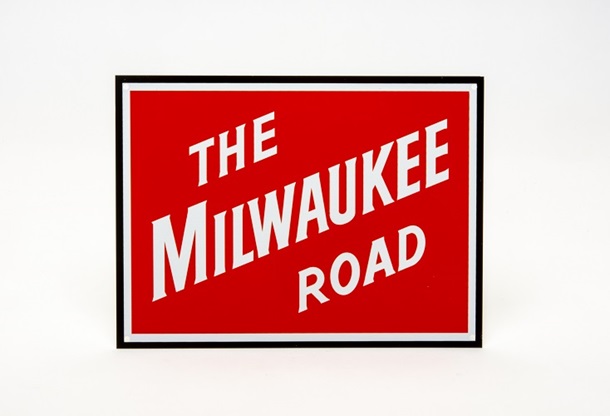
If no merger takes place, will the railroads be required to get permission to run more trains than they do currently?
Everyone has their hand out. Ask for a million, expect a hundred.
With all of these conditions the railroads, shippers, and towns want will CPKC even be able to run the railroad?